Have you ever splurged on the latest, greatest cat toy, only to watch your feline friend ignore it completely in favor of a battered old chair or a worn-out blanket? It’s a scene that’s as hilarious as it is puzzling. As cat lovers, we can’t help but wonder: why do our beloved furballs turn up their noses at shiny new playthings and instead curl up on the same familiar furniture, day after day? The answer is both fascinating and heartwarming, revealing just how deeply our cats’ instincts, emotions, and quirky personalities shape their choices.
The Power of Scent: Cats and Familiar Smells

For cats, scent is everything. Their sense of smell is far superior to ours, and it guides their daily lives in ways we can barely imagine. When a cat lounges on the same old sofa or kneads a favorite cushion, it’s not just about comfort—it’s about marking territory and surrounding themselves with their own scent. This makes the environment feel safe and reassuring. New toys, even if they’re shiny and expensive, just don’t carry that personal scent signature. So, when your cat chooses the couch over that fancy feather wand, it’s their nose leading the way.
Comfort in the Familiar: A Cat’s Need for Security
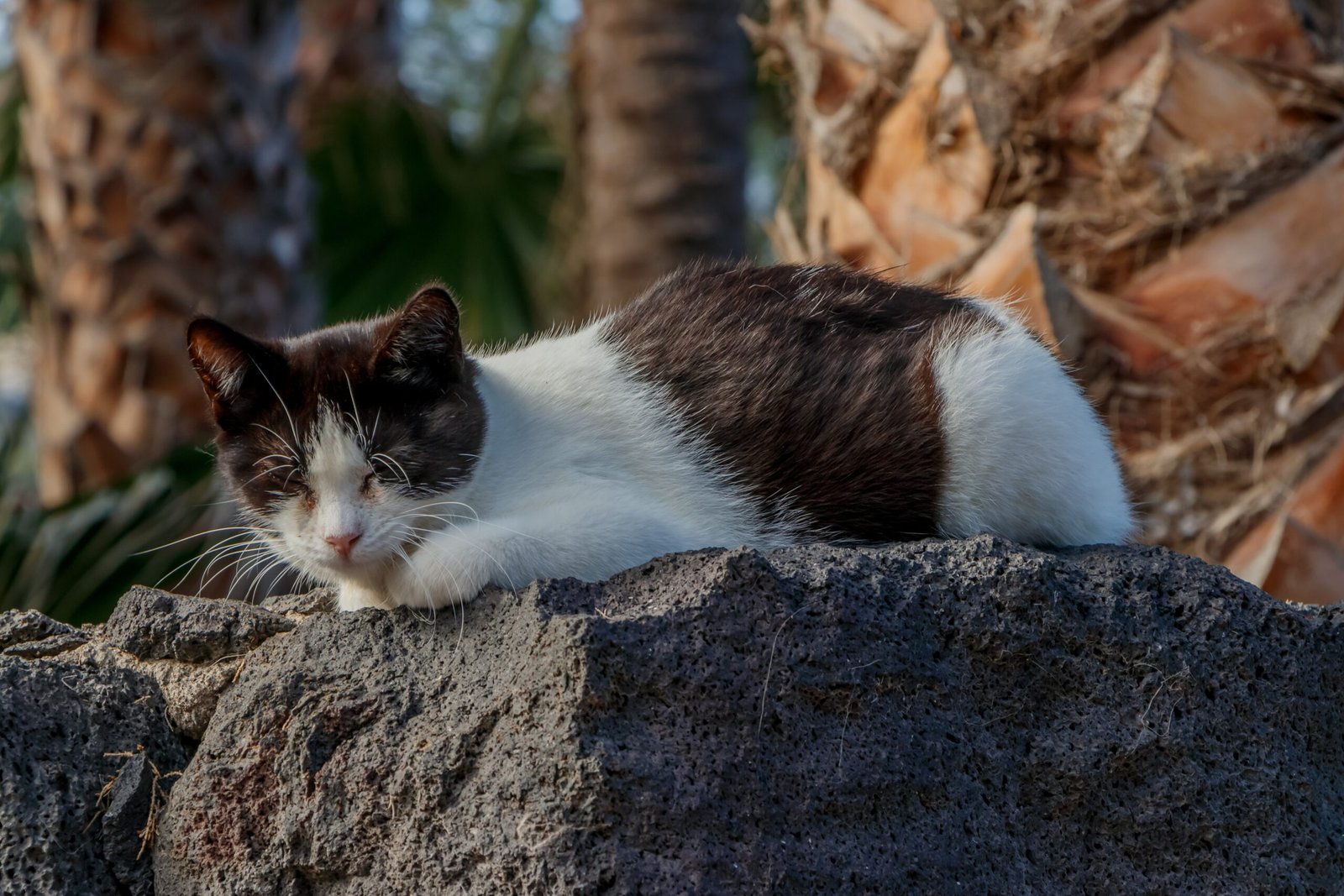
Cats are creatures of habit. Change can be stressful, and the world outside their territory is full of unknowns. Familiar furniture provides a safe haven, a predictable spot where nothing unexpected happens. This sense of security is much more appealing to most cats than the excitement of a new toy. Think of how you might feel after a long, stressful day—sometimes, you just want your own bed, not an unfamiliar hotel mattress.
Furniture as a Personal Fortress
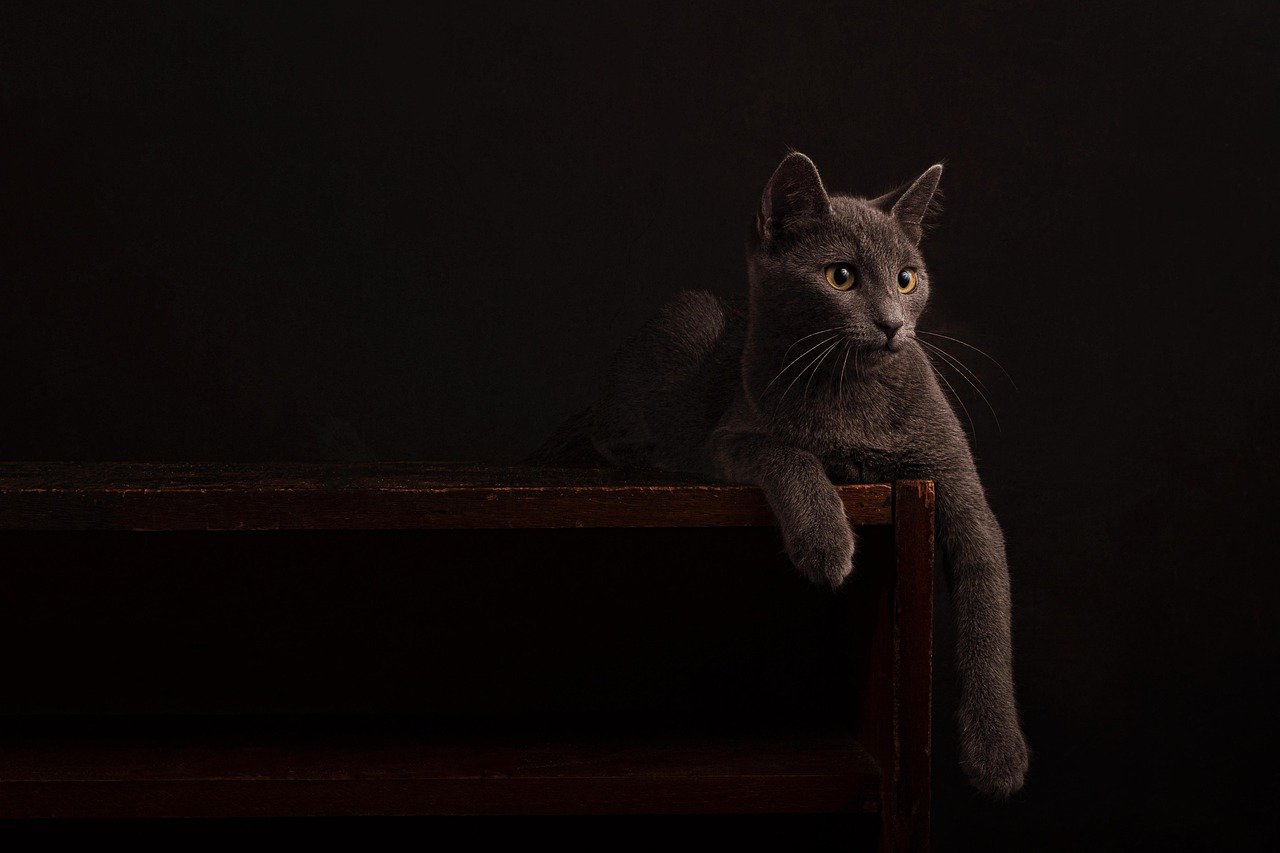
To your cat, the family couch or favorite armchair is more than just a place to nap—it’s their personal fortress. This is the spot where they can let their guard down, where the threats of the outside world melt away. They know every nook and cranny, every familiar sound and scent. A fancy toy just can’t compete with the deep sense of ownership and safety that familiar furniture provides.
Attachment to Territory: Cats and Their Domains

Cats are territorial by nature. They invest time and energy in claiming their space, and furniture acts as a physical marker of their domain. Scratching posts, armrests, and cushions all bear the marks of their claws and scent glands. When you bring home a new toy, it’s an outsider in their well-established territory. It takes time (and sometimes a little coaxing) for a cat to accept anything new into their domain.
Texture Matters: The Feel of Home

Cats are surprisingly picky about textures. The soft give of a well-worn pillow, the warmth of a sun-drenched blanket—these tactile experiences are comforting and familiar. Fancy toys may be made of strange plastics or odd fabrics that feel foreign under their paws. It’s no wonder they’d rather knead a beloved old throw than bat around a synthetic mouse.
Emotional Connections: Furniture With a History

Over time, cats build emotional bonds with the objects in their environment. That battered armchair might remind them of kittenhood snuggles or the comforting scent of their favorite human. Fancy toys, on the other hand, are brand new and lack any emotional context. It takes time for a toy to become meaningful, and many never quite measure up to the sentimental value of familiar furniture.
Instincts Over Innovation: Why Old Wins Over New
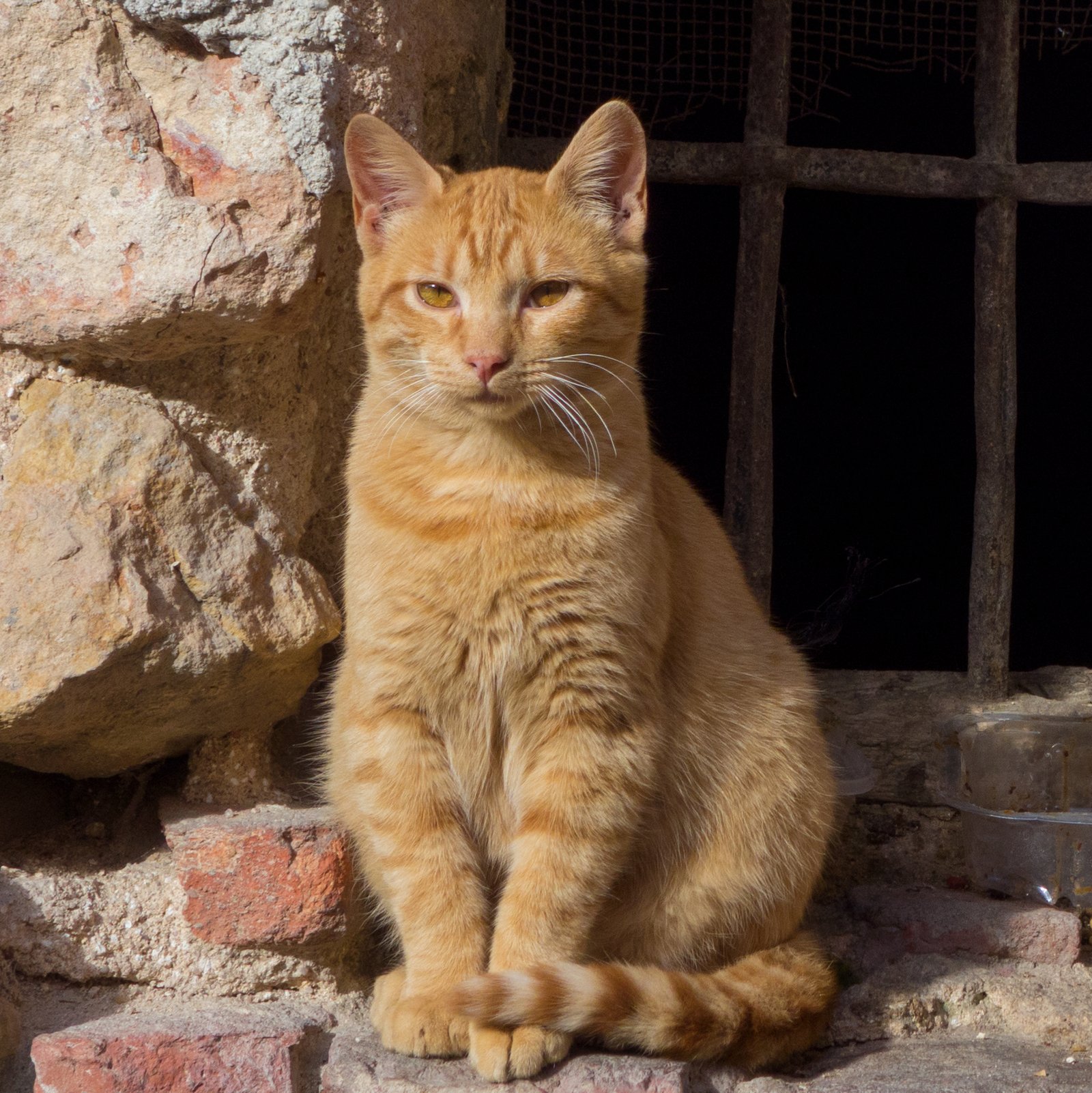
While humans are drawn to novelty, cats often rely on their instincts, which prioritize safety and routine. In the wild, unfamiliar objects could spell danger, so a cautious approach is hardwired into their behavior. Even the most dazzling new toy can’t override millions of years of evolutionary programming. So, when in doubt, your cat will always choose the tried-and-true over the unknown.
Human Scent: The Comfort of Your Presence
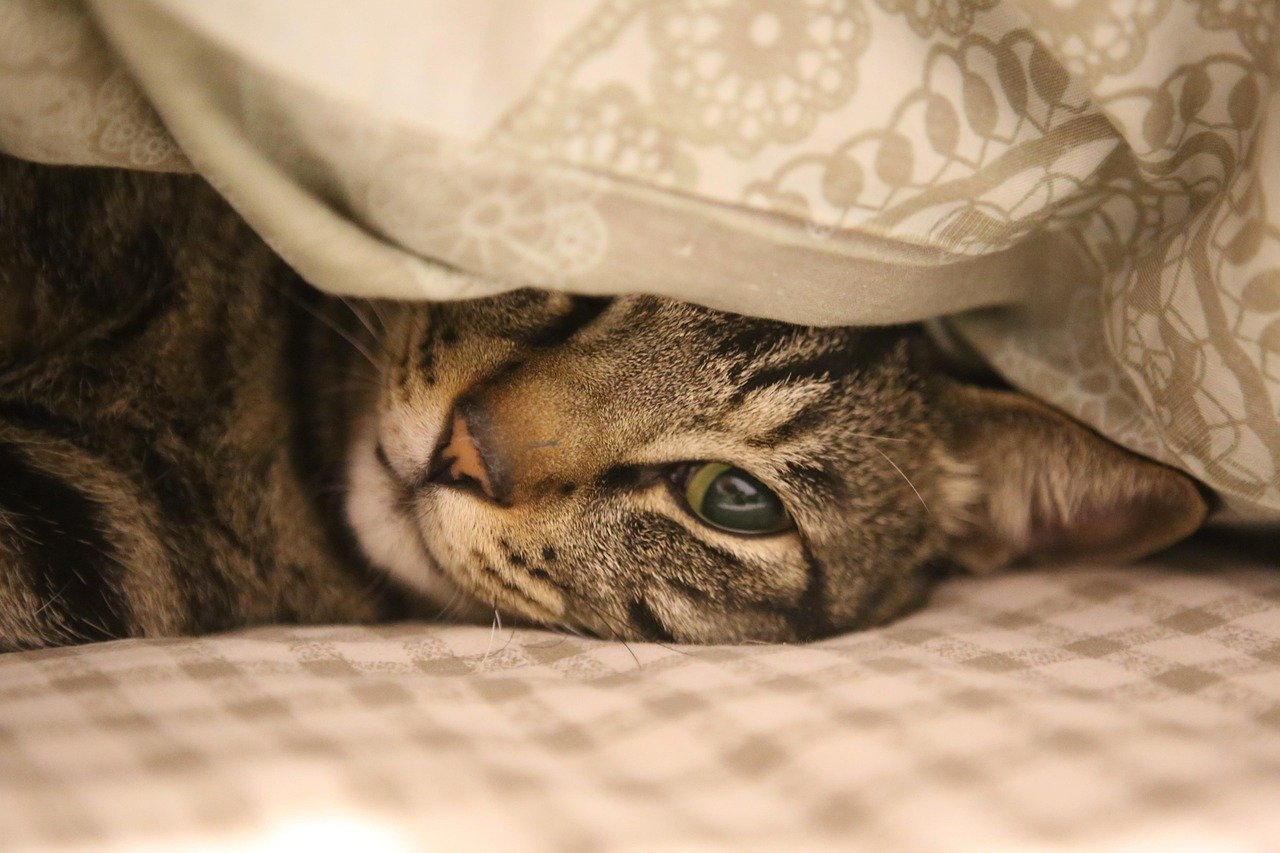
Cats aren’t just comforted by their own scent—they love yours, too. Furniture that you use regularly is infused with your smell, creating a powerful sense of connection. When your cat curls up on your favorite spot, they’re not just seeking warmth—they’re soaking up the invisible bond between you. No store-bought toy can replicate the comfort of your familiar scent.
Furniture as a Social Hub
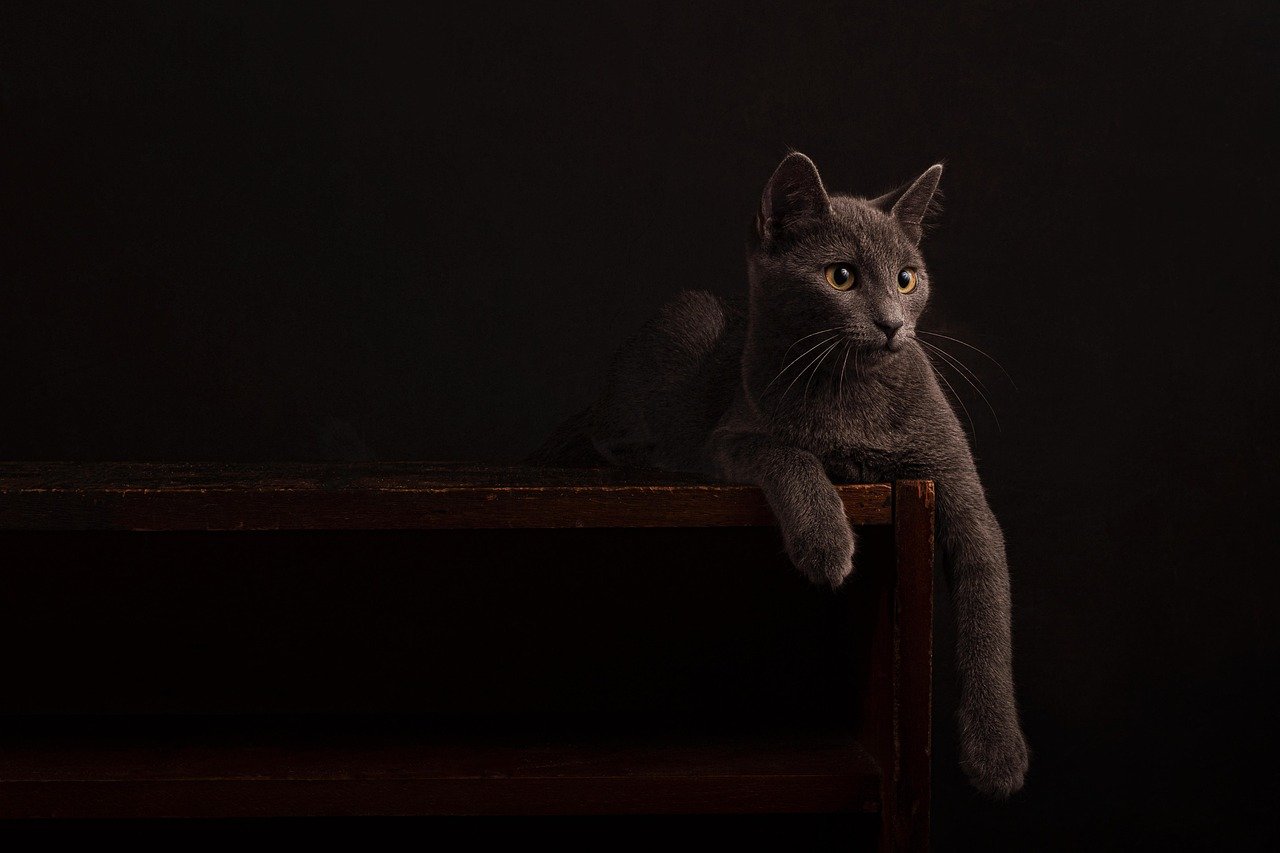
In multi-cat households, certain pieces of furniture become social gathering spots. These are the places where cats interact, groom each other, or just share space peacefully. The furniture acts as neutral ground, a communal hub for feline relationships. Fancy toys tend to be solitary entertainment, but furniture fosters the social side of your cats’ personalities.
Routine and Ritual: The Importance of Habit

Cats thrive on routine. They often have set times and places for eating, playing, and napping. Familiar furniture becomes part of these daily rituals—whether it’s a morning stretch on the bed or an afternoon nap on the windowsill. New toys might disrupt the flow, but the furniture is woven into the fabric of their day.
Stress Relief: The Calming Power of Familiarity
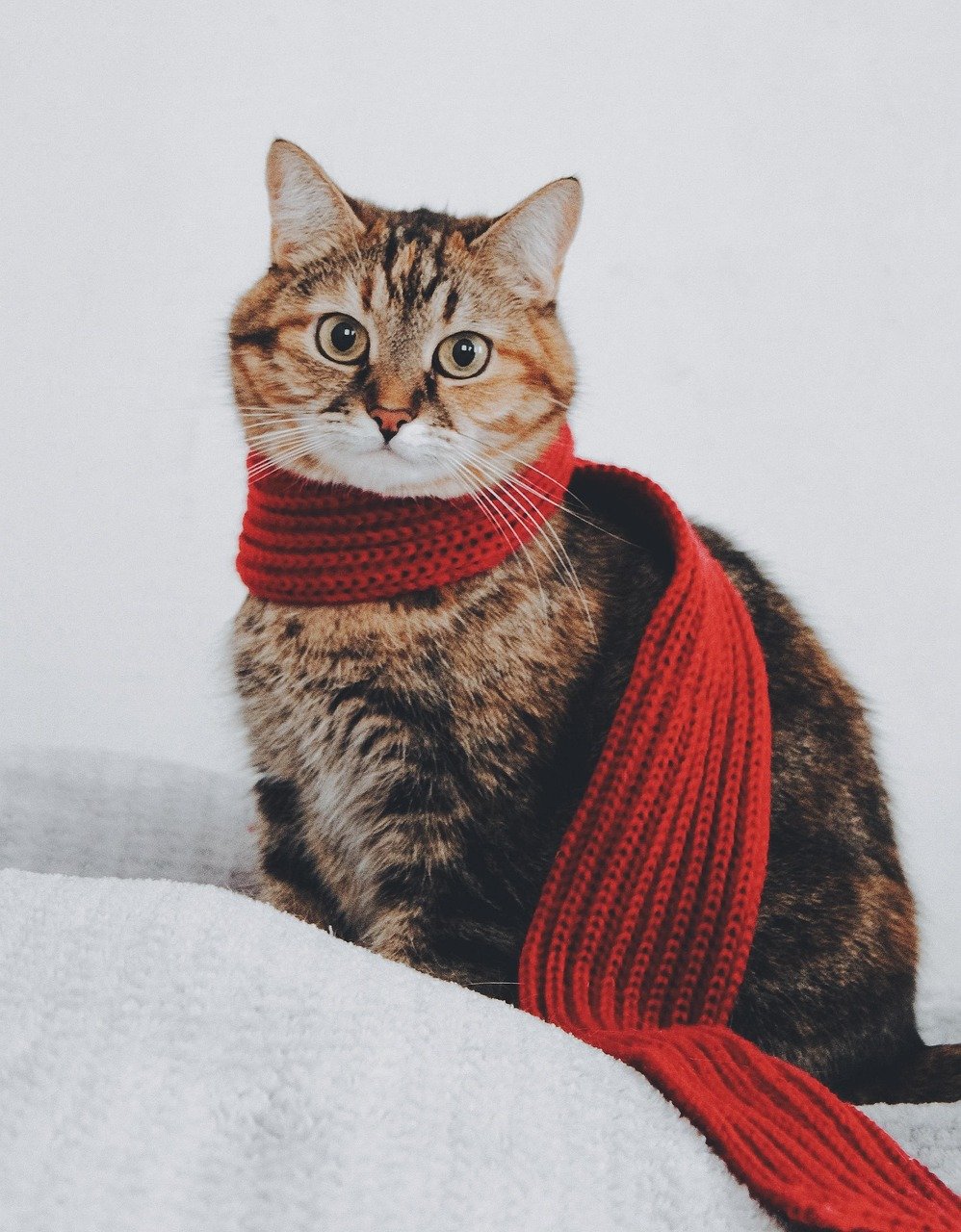
When cats are anxious or upset, they instinctively seek out familiar objects and spaces. The comfort of known furniture helps lower their stress levels, acting like a feline version of a security blanket. Even the most entertaining toy can’t compete with the calming effect of a favorite old chair when nerves are frayed.
Ownership and Marking: Making It Their Own

Cats are constantly marking their territory, not just with scent, but with tiny visual cues—scratches, fur, and even the way they arrange their bodies. Furniture is the ultimate canvas for this self-expression. Fancy toys, by contrast, are often seen as temporary and don’t invite the same sense of ownership.
The Draw of Height: Climbing and Perching
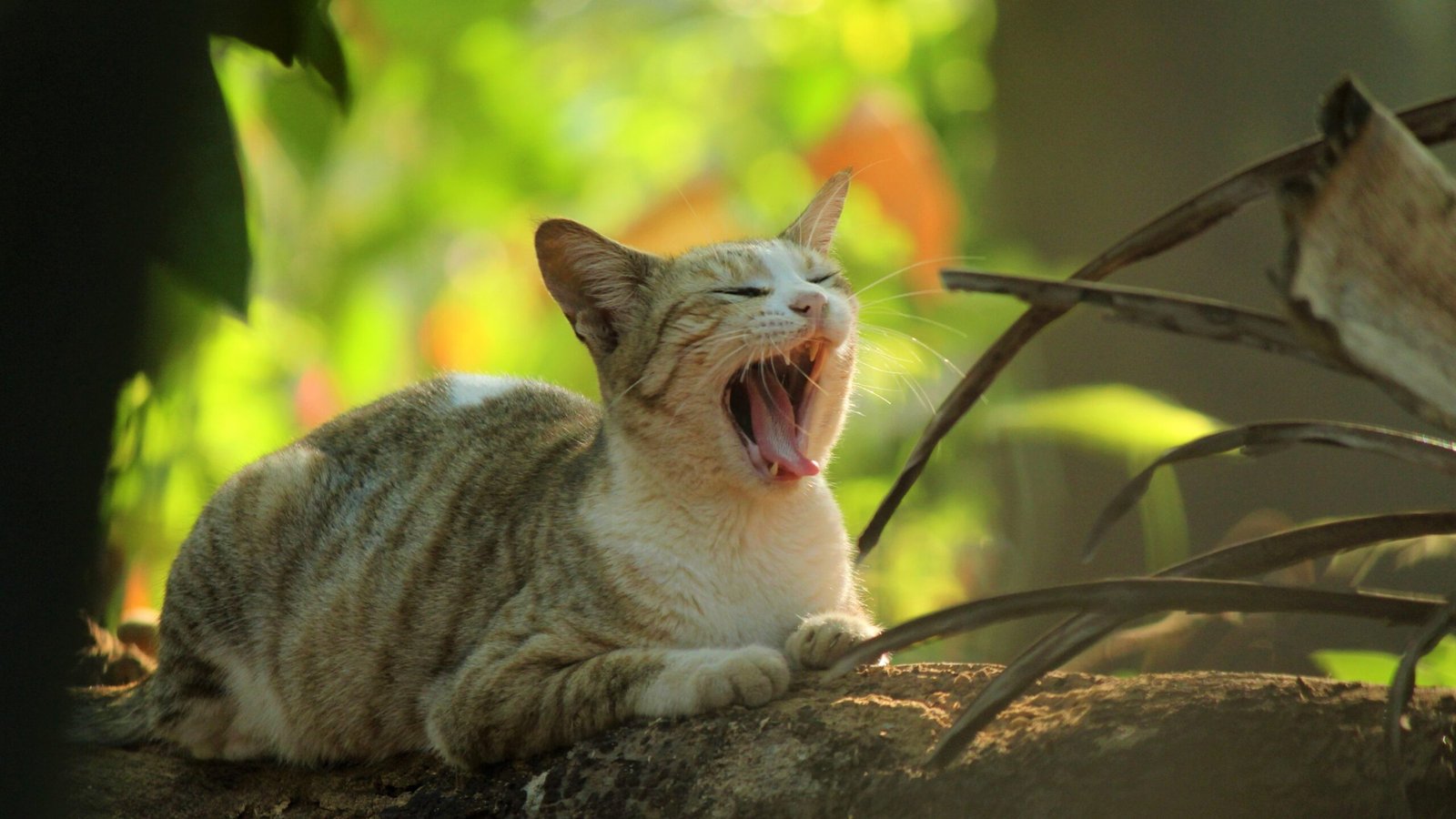
Many pieces of furniture offer cats the opportunity to climb or perch above ground level. This satisfies their instinct to observe the world from a safe vantage point. A high-backed chair or a bookshelf offers a sense of control and security, while most toys remain firmly on the ground.
The Warmth Factor: Seeking Out Cozy Spots

Furniture often holds warmth, especially after you’ve been sitting or lying on it. Cats are heat seekers, and a cozy spot on the couch is far more appealing than a cold, untouched toy. The promise of a warm nap spot trumps novelty every time.
Sound and Vibration: Subtle Comforts

Every piece of furniture has its own unique sounds and vibrations. The gentle creak of a rocking chair or the muffled thump of a cushion can be surprisingly soothing to a cat. These subtle cues are missing from most toys, which can even be noisy or startling by comparison.
Furniture as a Hideaway

Many cats love to burrow into the nooks and crannies of furniture—under the bed, behind the cushions, or inside a favorite armchair. These secret spots offer privacy and protection, something toys just can’t provide. It’s like having a secret clubhouse that no one else knows about.
Longevity of Interest: The Enduring Appeal of Furniture
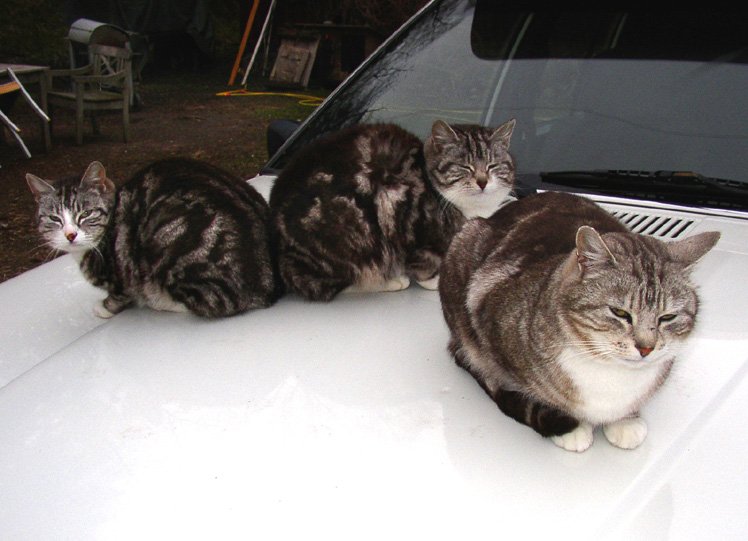
Toys often lose their appeal after a few days or weeks, but furniture is a constant presence. Cats return to the same spots again and again, building a lifelong attachment. The enduring nature of furniture makes it a reliable source of comfort, long after the excitement of a new toy has faded.
A Sense of Belonging: The Emotional Anchor
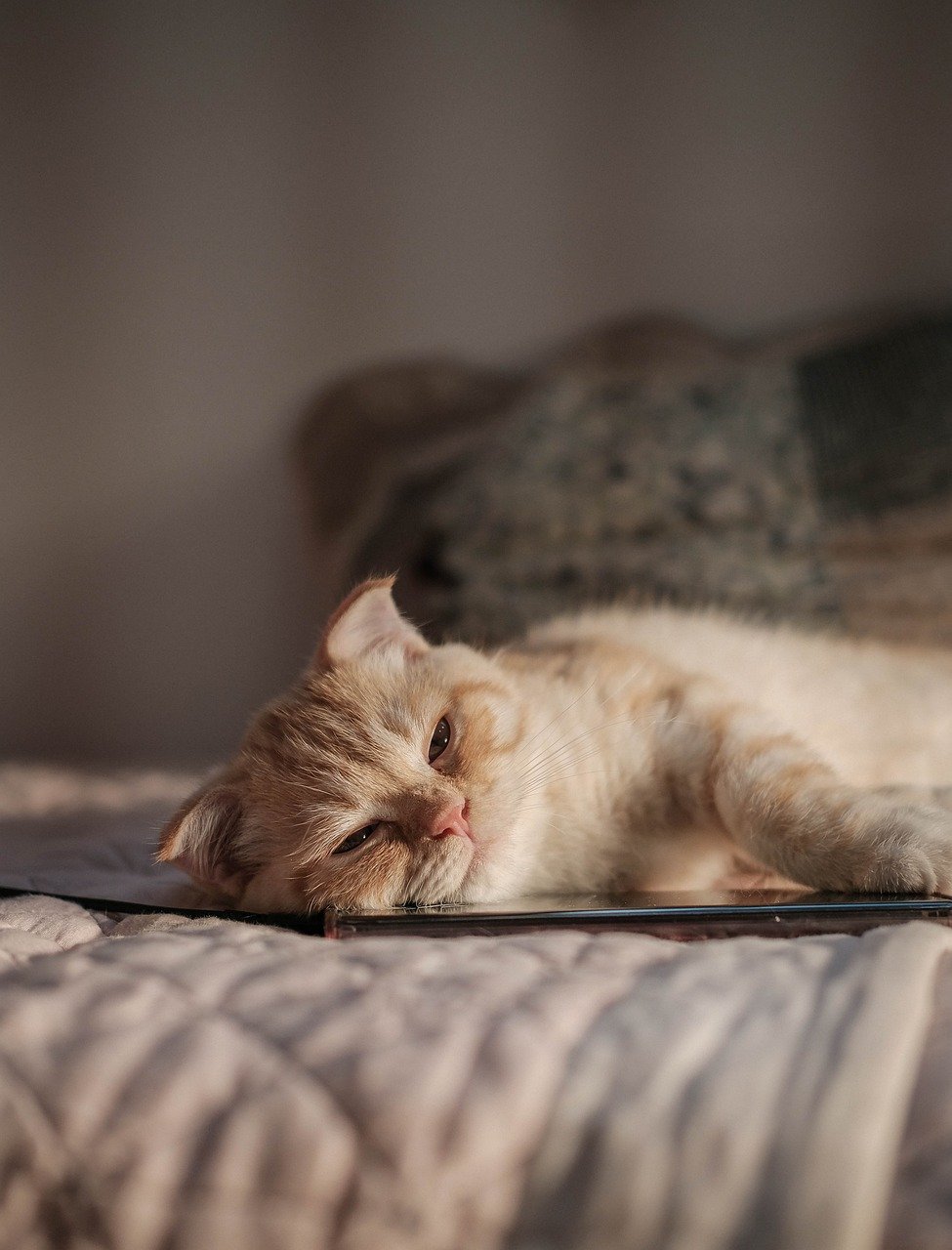
Familiar furniture is more than just a place to sleep—it’s a symbol of home. It anchors your cat to their environment, providing a sense of belonging that’s hard to replicate with any toy. When a cat chooses the same spot day after day, it’s a sign they feel truly at home.
Individual Preferences: Every Cat Is Unique

While many cats share these instincts, each feline has their own quirks and preferences. Some may surprise you by falling in love with a particular toy, but for most, the pull of familiar furniture is simply too strong to resist. Understanding your own cat’s personality is key to creating a happy home.
What This Means for Cat Owners

For cat lovers, the takeaway is clear: you don’t need to spend a fortune on fancy gadgets to make your cat happy. Instead, focus on making your home a safe, comforting place filled with familiar scents and cozy spaces. Your well-loved furniture might just be the best “toy” your cat could ask for.
Hi, I’m Bola, a passionate writer and creative strategist with a knack for crafting compelling content that educates, inspires, and connects. Over the years, I’ve honed my skills across various writing fields, including content creation, copywriting, online course development, and video scriptwriting.
When I’m not at my desk, you’ll find me exploring new ideas, reading books, or brainstorming creative ways to solve challenges. I believe that words have the power to transform, and I’m here to help you leverage that power for success.
Thanks for stopping by, Keep coming to this website to checkout new articles form me. You’d always love it!




